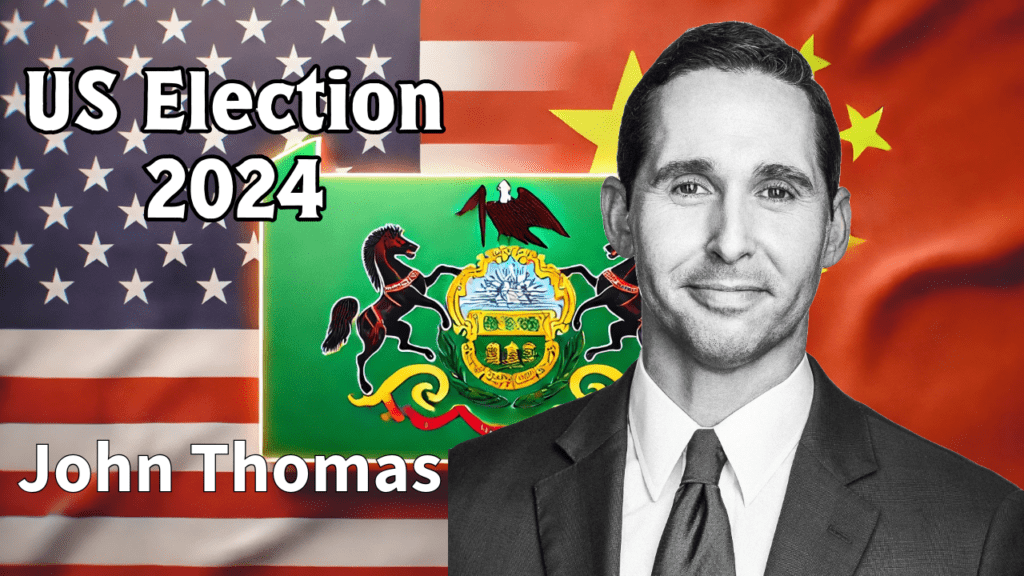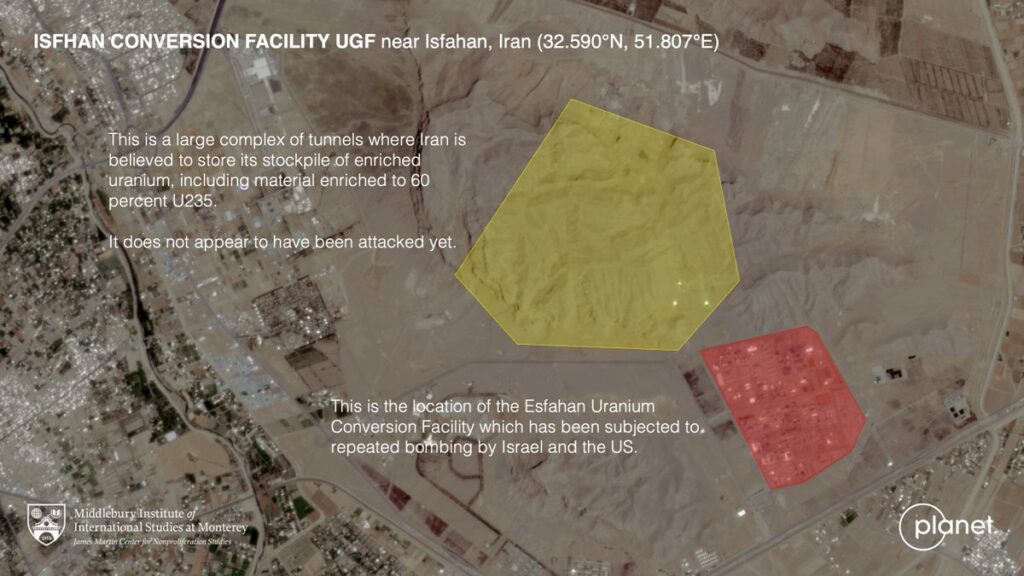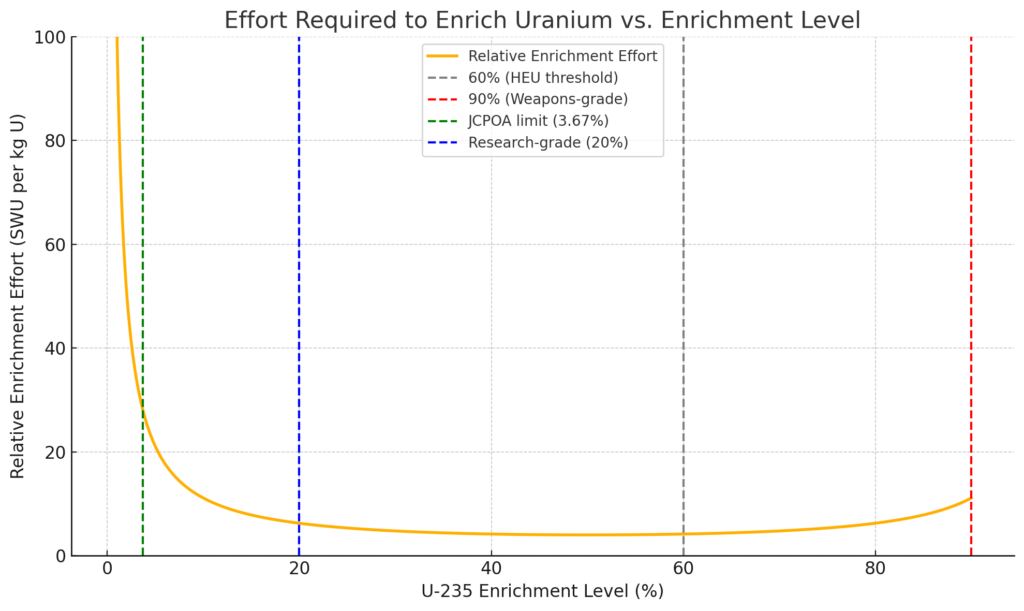
IDF Strikes on Hezbollah in Beirut
A quick comment on breaking news: The Israel Defense Forces (IDF) are claiming to have struck Hezbollah headquarters in southern Beirut, destroying at least one residential building. There are conflicting reports online, with Hezbollah claiming that Hassan Nasrallah is “safe,” while Israeli media sources claim the contrary. Judging from the destruction caused by the bunker buster bombs dropped on the site, there are many hundreds, if not thousands, of people buried beneath the rubble. Therefore, we are skeptical of any claims making a definitive determination—unless Nasrallah was not at the location. In that case, evidence of life should emerge quickly in the form of a televised video announcement.
Until now, Hezbollah has been quick to announce the death of its leaders.
If it turns out that Nasrallah is alive and was elsewhere, and it was not Hezbollah’s headquarters that was struck, this would be consistent with Israel's “Dahye Doctrine” and its announced plan to “escalate to de-escalate.” Or, in simpler term: kill as many innocent civilians in order to restore deterrence.
Apollo Goes From Recession Doom to Private Credit Boom
The same people who were hyperventilating and foaming at the mouth on Bloomberg/CNBC just 1-2 years ago about how higher interest rates would topple the private equity industry, causing mass layoffs, have just announced the launch of a joint-venture $25bn private credit fund. Surprisingly, Apollo’s chief economist Torsten Slok has recently become more bullish on the U.S. economy. The Fed has only now reduced overnight borrowing costs for banks from 5.5% to 5.0%, and the U.S. economy is alive and well. Suggesting a hint of Machiavellianism would be giving them too much credit. There’s no signal interpretation here—it’s all noise.
Most often, analysts use words to describe what can be communicated more concisely and efficiently with numbers. There is also resorting to words when the numbers clearly disprove an opinion. As well as market alchemists that claim to formulate social sciences like the natural. A feat Frederik Hayek attempted, and later concluded is not possible. A vast information space is much smaller once curated of poor content.
Buy-side economists who speak publicly, freely, and too frequently are riddled with more conflicts of interest than publishing analysts at banks. We prefer good storytellers who are also great analysts—with the latter as a prerequisite.
Nestpoint on the U.S. Election
Just as downside tail-risk hedges are being placed, China announces an extra, and unexpected, stimulus package that pushes the out-of-the-money (OTM) puts (options) even further OTM.
We don’t follow China very closely, but John Thomas and his partners at Nestpoint Associates do. They have many years of local knowledge and expertise from operating businesses in China. Here’s an update from John on the U.S. election:
Ad Wars, China & Personality vs. Policy in Pennsylvania
Nestpoint Associates

Key Points:
- Ad Spend Update: Trump is now nearly matching Harris in key battleground states by increasing his spending. The majority of money from both campaigns in the Senate and presidential races is being funneled into Pennsylvania. Harris has a significant financial advantage, which allows her to slightly lead the ad wars and dominate the ground game. Trump’s ground organization is almost nonexistent.
- The China Debate: Both campaigns are targeting China. Even the Biden administration is using the Commerce Department to pressure Chinese companies to divest. This trend is unlikely to fade, as the public continues to look for a scapegoat for their economic fears.
John Thomas is a co-founder and Managing Partner at Nestpoint Associates. He also serves as a communications and political strategist for the Republican Party and the Trump campaign.
China watchers may want to consider the impact of upcoming U.S.-imposed tariffs heading into the U.S. elections, in conjunction with the recently announced economic stimulus policies. In the near term, the latter is more likely to dominate the story and asset performance, especially in light of the consensus underweighting of China among investors.
In the grand scheme of things, underweight China and overweight US equities has been the right call for investors.
Alan Brazil on China
Here’s a repost of Alan Brazil's China report from earlier this year, predicting a big stimulus package:






